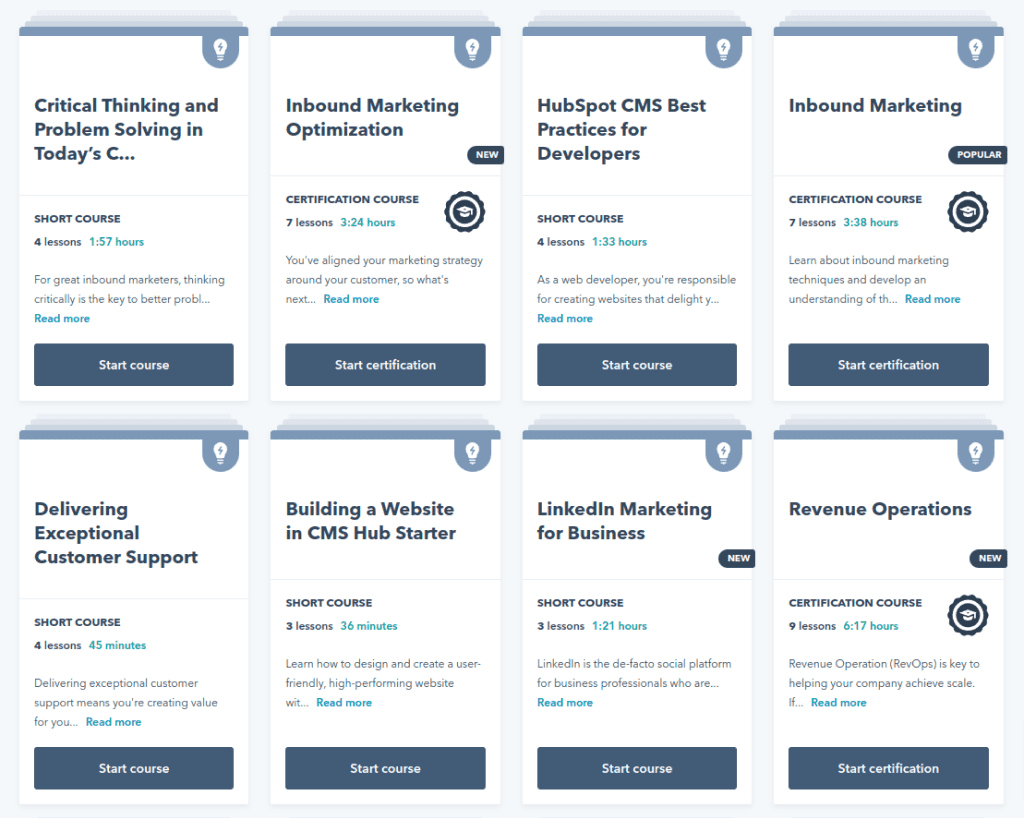Are you dreaming of working in the Gulf countries but overwhelmed by the myriad of requirements and certifications needed? Navigating the job market in Gulf countries can be challenging without the right credentials. This detailed article will guide you through the importance of skill certifications and licensing, helping you understand how they can pave the way for a successful career in the Gulf.
Introduction
Working in Gulf countries offers lucrative opportunities and a chance to experience diverse cultures. However, the journey is fraught with challenges, especially when it comes to meeting the stringent certification and licensing requirements. Many professionals find themselves stuck in the visa process due to inadequate documentation or lack of recognized certifications. This article aims to shed light on the significance of skill certifications and licensing, providing you with a roadmap to navigate these requirements effectively.
Why Certifications and Licensing Matter
Skill certifications and licenses are not just formalities, they are essential for career growth and legal authorization to work in specific fields. Here’s why they matter:
- Legal Requirement: Certain professions require licenses issued by governmental agencies to legally practice. For example, roles in healthcare, engineering, and education often mandate specific licenses.
- Career Advancement: Certifications can significantly boost your career prospects. They serve as proof of your skills and knowledge, making you a more attractive candidate for promotions and advanced roles.
- Industry Standards: Many industries in Gulf countries adhere to international standards. Certifications ensure that professionals meet these standards, enhancing their employability.

Key Certifications and Licenses for Gulf Countries
1. Educational Certificates
Before moving to Gulf countries, it's crucial to legalize your highest qualification documents. This includes:
- Degree or Master Certificates: These documents must be attested to verify their authenticity. Gulf authorities often require these for visa processing.
- Professional Certificates: Certificates in specialized fields like healthcare, engineering, and IT are highly valued. For instance, civil engineers might benefit from additional courses that align with the construction boom in Gulf countries.
2. Professional Licenses
Professional licenses are mandatory for certain jobs. Here are some examples:
- Healthcare Professionals: Doctors, nurses, and other healthcare professionals must obtain licenses from the respective health authorities in Gulf countries.
- Engineers: Civil engineers and other technical professionals often need to acquire licenses from engineering councils or similar bodies.
3. Additional Certifications
Certain certifications can enhance your employability and earning potential:
- Project Management (PMP): Highly regarded in various industries, a PMP certification can open doors to management roles.
- IT Certifications: Certifications in IT fields, such as Cisco, Microsoft, or cybersecurity, are in high demand due to the digital transformation initiatives in Gulf countries.
Steps to Obtain Certifications and Licenses
- Identify Requirements: Research the specific certifications and licenses required for your profession in the Gulf country you are targeting.
- Enroll in Courses: Many organizations offer courses that prepare you for certification exams. Online platforms can be particularly useful for continuous learning.
- Attestation and Legalization: Make sure that your educational and professional documents are attested by the relevant authorities in your home country and the Gulf country you plan to work in.
- Take Certification Exams: Prepare thoroughly for any required exams. Many certifications require passing an examination to prove your competence.
- Apply for Licenses: Submit your documents and exam results to the appropriate governmental bodies to obtain your professional license.
The Role of Recruitment Agencies
Complexities of certifications and licensing can be daunting. This is where recruitment agencies play a crucial role. They assist professionals in understanding the requirements, preparing necessary documentation, and connecting with potential employers in Gulf countries.
Delta International Recruitment Agency stands out as the best recruitment agency in Pakistan for recruiting certified and licensed professionals from overseas. With over 16 years of experience in the overseas recruiting industry, Delta International has built a reputation for excellence and reliability. They provide comprehensive support to professionals, ensuring that they meet all certification and licensing requirements, and successfully secure positions in Gulf countries.
Benefits of Certifications and Licenses
- Increased Employability:
Certified professionals are often preferred by employers due to their proven skills and knowledge. - Higher Earning Potential:
According to the Bureau of Labor Statistics, workers with certifications and licenses tend to earn significantly more than those without. - Professional Credibility:
Certifications and licenses enhance your credibility in the job market, making you a trusted professional in your field.
Also Read: Is Pakistan Still a Great Option to Recruit Skilled Talent in 2025?
Conclusion
Job market in Gulf countries can be complex, but having the right certifications and licenses can significantly ease the process. They not only meet legal requirements but also enhance your career prospects and earning potential. By understanding and meeting these requirements, you can position yourself as a competitive candidate in the Gulf job market.
Whether you are just starting your career or looking to advance, investing in certifications and licenses is a strategic move that can open doors to numerous opportunities in Gulf countries. Start by identifying the certifications relevant to your field and take proactive steps to obtain them. Your future in the Gulf awaits!












.webp)















